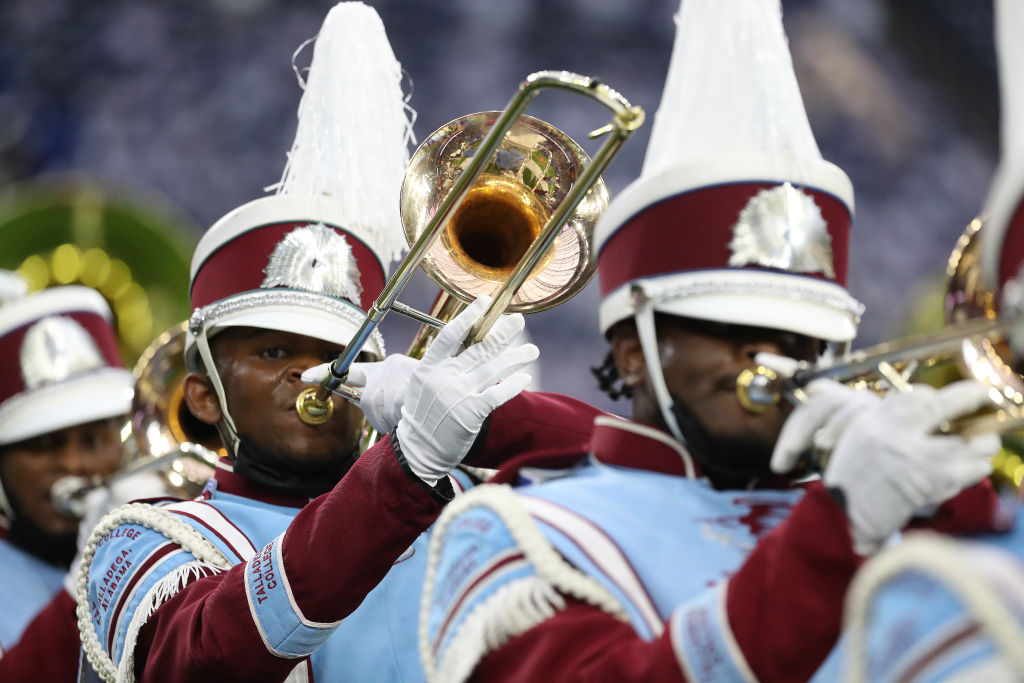
Source: Houston Chronicle/Hearst Newspapers via Getty Images / Getty
There are changes afoot in Black college sports. This month, the Gulf Coast Athletic Conference announced it would change its name to the HBCU Athletic Conference and add three more schools.
The move was a part of four strategic pillars overseen by Commissioner Dr. Kiki Baker Barnes and the Council of Presidents. Barnes said they worked with a branding group to help with the new name.
“1035, a Black-owned branding company out of Atlanta, was working with us,” she told HBCU Legends. “It was our focus group conversation. Everybody wants to be committed to the brand. We had to figure out how to continue to deliver on the strategic plan put forward as a team.”
The GCAC was formed in 1981 and encompasses eight men’s sports and four women’s sports. The first teams were women’s basketball and men’s tennis, and others were established shortly thereafter. The original schools were Belhaven University, Dillard University, Louisiana College (now Louisiana Christian University), Spring Hill College, Tougaloo College, William Carey University, and Xavier University of Louisiana.
The recent addition of Stillman College in Tuscaloosa, Alabama; Voorhees University in Denmark, South Carolina; and Wilberforce University in Wilberforce, Ohio bring the conference to its current total of 13 teams. The conference will now have the tagline Where Winners Thrive.
“Our motto, ‘Where Winners Thrive’ not only nurtures athletic prowess but also the holistic development of our student athletes,” Barnes said when the announcement was made. “From the court, field and track to the classroom, work room and boardroom, the HBCUAC has a winning culture. The addition of these three schools enhances our league’s geographical diversity and creates a deeper level of competition and collaboration.
The GCAC officially becomes the HBCUAC! Congrats. #HBCU #HBCUSports https://t.co/sJBYXYjfCw
— Coach Bryan (@DrB365) July 1, 2024
The conference also renewed its sponsorship deal with Hope Credit Union for another three years.
“I am super grateful to [Hope Credit Union] Bill Bynum and his team for their belief and support. Our missions are very much aligned,” Barnes said. “They serve under-resourced communities as well as in terms of financial services and banking.”
She added, “Just like HBCUs are serving, 90-something-percent of eligible students need that support from low-income homes. So when you start looking at the populations you’re serving, it makes sense for us to need a partnership.”
window.addEventListener(‘interaction’, function () {
setTimeout(function () {
var s = document.createElement(‘script’), el = document.getElementsByTagName(‘script’)[ 0 ];
s.async = true;
s.src = ‘https://platform.twitter.com/widgets.js’;
el.parentNode.insertBefore(s, el);
}, 1000)
});